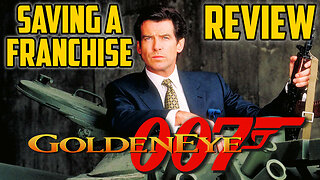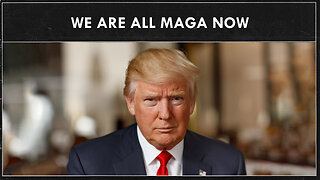Plug in cars are now 20% of the New Zealand car market. Coffee and No Breakfast.
Coffee and No Breakfast EV thoughts.
The ability to build batteries at scale for electric cars is difficult. Only the companies which have established battery supply chains will be able to build EVs at scale, and survive into the future.
An example: If your company can make or secure some number of batteries for EVs. Say that is enough for 350km cars.
You can use that to make 1 full EV car,
if you make plug in hybrids you can use the same number of batteries to make seven 50km range plug in hybrid cars.
You can also also use it to make fifteen 25km range plug in hybrids.
You can use the same amount of batteries to make thirty to fifty hybrid cars.
The right thing to do is make plug in hybrids with a modular battery pack. Such that you can add an extra battery, just by bolting it in. A trickier solution is to have the engine as a generator, and have the deign such that you can remove the engine and install, still another battery.
Some established car brands are big on building hybrids, and a small number of low range plug in hybrids, because they have been unable to secure battery supply chains, or did not think it was important. If customers demand EVs or longer range plug in hybrids. The companies that did not secure battery supply chains, will have to shrink to match their battery supply.
I live in New Zealand, there is a program to tax the sale of inefficient cars and cross subsidise efficient vehicles. This has made EVs US$5,000 cheaper and pick up trucks US$3,000 more expensive. So budget EVs are now in the range that 20% of all vehicle sales were EVs and plug in EVs last month. Note just 0.3% were hybrid cars.
The hybrid strategy is finished. Plug in hybrids were 4% of sales. Traditional hybrids were 0.3% and full EVs were 15%. I think almost all of the plug in hybrids were Mitsubishi 4WD models, for people who want a 4WD. The remainder were MG plug in hybrids which are the cheapest model plug in, which people use for regular commuting, but can still make occasional long trips without the constraints of finding chargers.
I could not find good statistics to separate the used imports and new imports.
Disambiguation:
10,940 new passenger cars were sold in August, the most for any August, and 2,557 were pure electric vehicles, a 23% share. In addition there were 627 PHEVs and 1,626 petrol hybrids sold. That means new energy vehicles grabbed a 44% share in August.
0:00 Intro
0:30 New Zealand car market.
0:55 Clean car discount and fees
1:30 Something for every budget
2:00 15% EVs, 5% plug-in hybrids
2:50 $$$ Clean car discounts
3:10 $$$ Dirty car fee
3:40 Extent of Fast charging network
4:20 EV Market tipping point
5:00 Electricity pricing
5:20 My EV experience
2022 09 07 09 56 23
-
 1:13:59
1:13:59
Tactical Advisor
6 hours agoVault Room Tour/Unboxing- Vault Room Live Stream
34.9K3 -
 1:11:28
1:11:28
The Squad
12 hours agoArsenal's Huge Summer🚨Olise to Man Utd DEAL✅ Osimhen to Arsenal or Chelsea☑️ UCL Final Preview
46.9K8 -
 56:23
56:23
Trumpet Daily
1 day ago $1.10 earnedCohen Is Free to Lie and Steal, but Trump Is Guilty of Something - Trumpet Daily | May 31, 2024
36.4K56 -
 8:26
8:26
MichaelBisping
1 day agoBISPING CHOKES OUT STEVE-O! | JACKASS STAR PUT TO SLEEP BY UFC CHAMP! *FULL VIDEO*
56.4K13 -
 20:00
20:00
Clownfish TV
23 hours agoGoogle Hurt ITSELF in Its Confusion!
61.6K58 -
 24:20
24:20
Brewzle
1 day agoWe Went Unicorn Bourbon Hunting In Louisville, KY
61K8 -
 35:39
35:39
Degenerate Jay
1 day agoGoldenEye 007 Saved James Bond - Movie Review
56.9K7 -
 14:54
14:54
Mr Reagan
1 day ago $0.46 earnedWE ARE ALL MAGA NOW
47.6K109 -
 15:35
15:35
Space Ice
1 day ago'The Beekeeper' Exposes The Dark, Gritty, & Violent World Of Apiculture - Best Movie Ever
49.6K23 -
 3:29:53
3:29:53
SonnyFaz
1 day agoEric Kelly Trains Sonny FULL STREAM
48.6K12